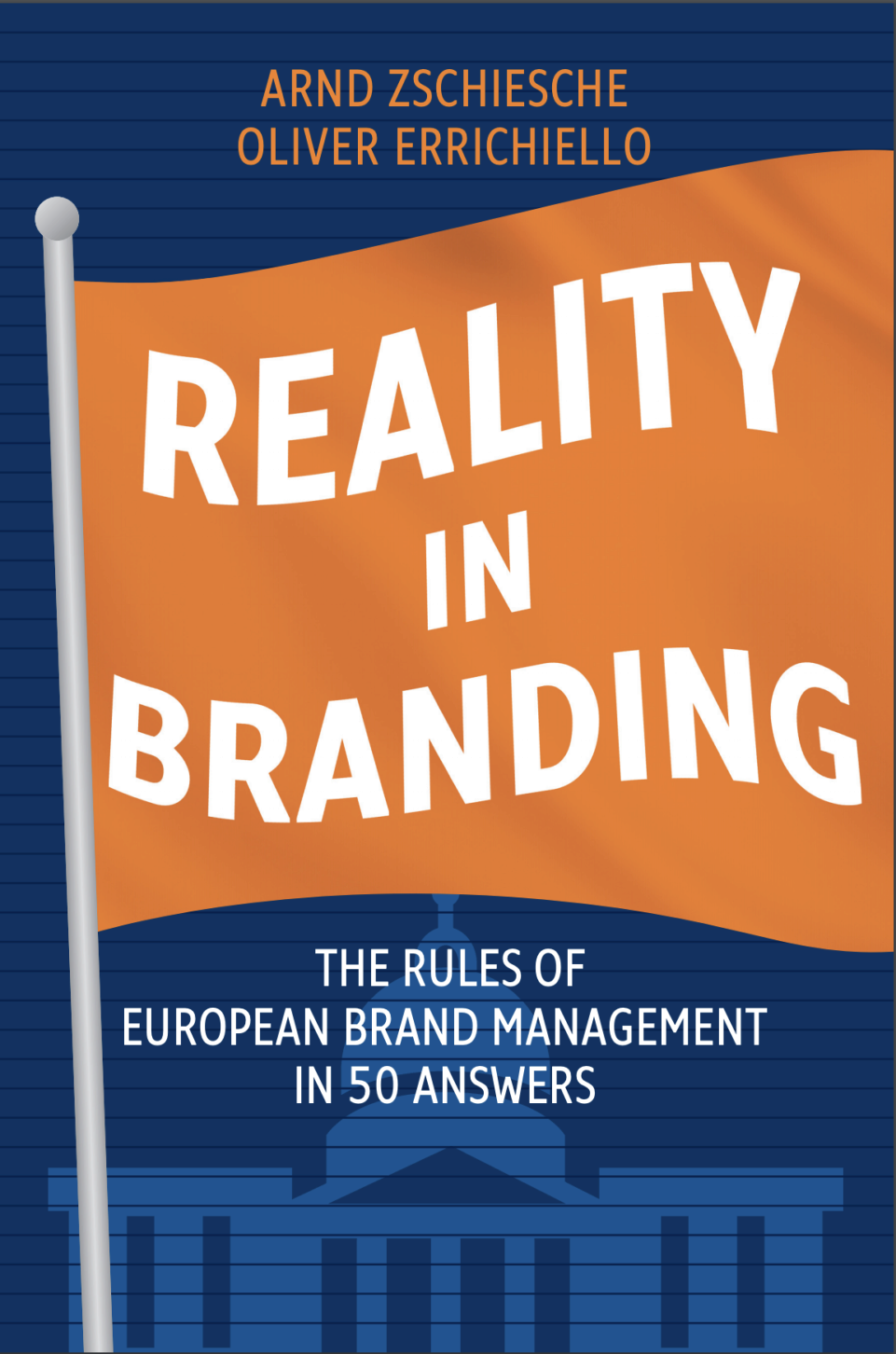
Brand expert - Advertising and Brand Sociologist
Brands, advertising and consumption … There are few things that influence modern life as profoundly as logos, commercials and digital banner advertising. While many people condemn “brand name wars” and the almost occult ability of certain brands to psychologically seduce us, we also define ourselves—and, crucially, how we want to be seen—through brands by opting for certain brands while explicitly rejecting others. This is because people instinctively understand the message behind well-executed brands (sometimes the world over) within fractions of a second.
Brands exist both across time and cross-culturally.
Brands are a cultural phenomenon and a psychological means of self-definition. Yet their far-reaching assertiveness only becomes apparent when we consider the enduring needs, desires and hopes of consumers.


From breakfast cereals to smartphones, nothing is left unbranded: brands are with us every step of the way. We define ourselves through the brands we surround ourselves with. Even if we reject brands, that’s a brand statement. Brands are everywhere in the 21st century – that’s exactly why we all have an opinion on them. When it comes to private life, there is little objection to this concept. However, when it comes to brand management and brand positioning with - in a company, personal sensitivities and feelings are out of plac
Too many opinions, too little wisdom: In 50 timeless answers, brand sociologists Dr. Arnd Zschiesche and Prof. Dr. Oliver Errichiello put a stop to the brand debates that are shaped by the zeitgeist. They speak in plain language where vague chatter typically prevails. And they show why every brand is a social phenomenon that has an impact: It’s about the management of social “hard facts.” Not just in Europe. Classic European Brand Management leads the way for every company seriously focusing on economic success for the long term – internally, as well. It’s time for timeless, value-oriented Branding from the old continent.